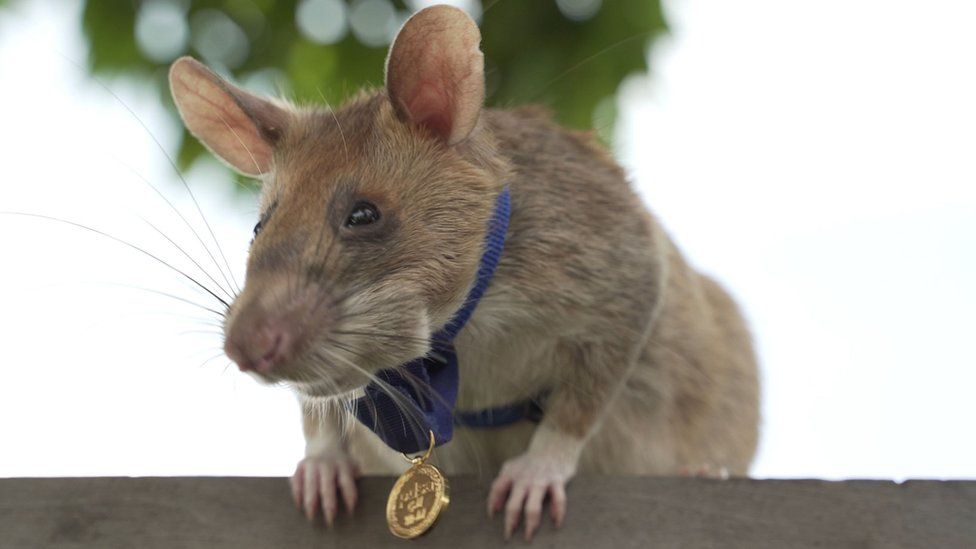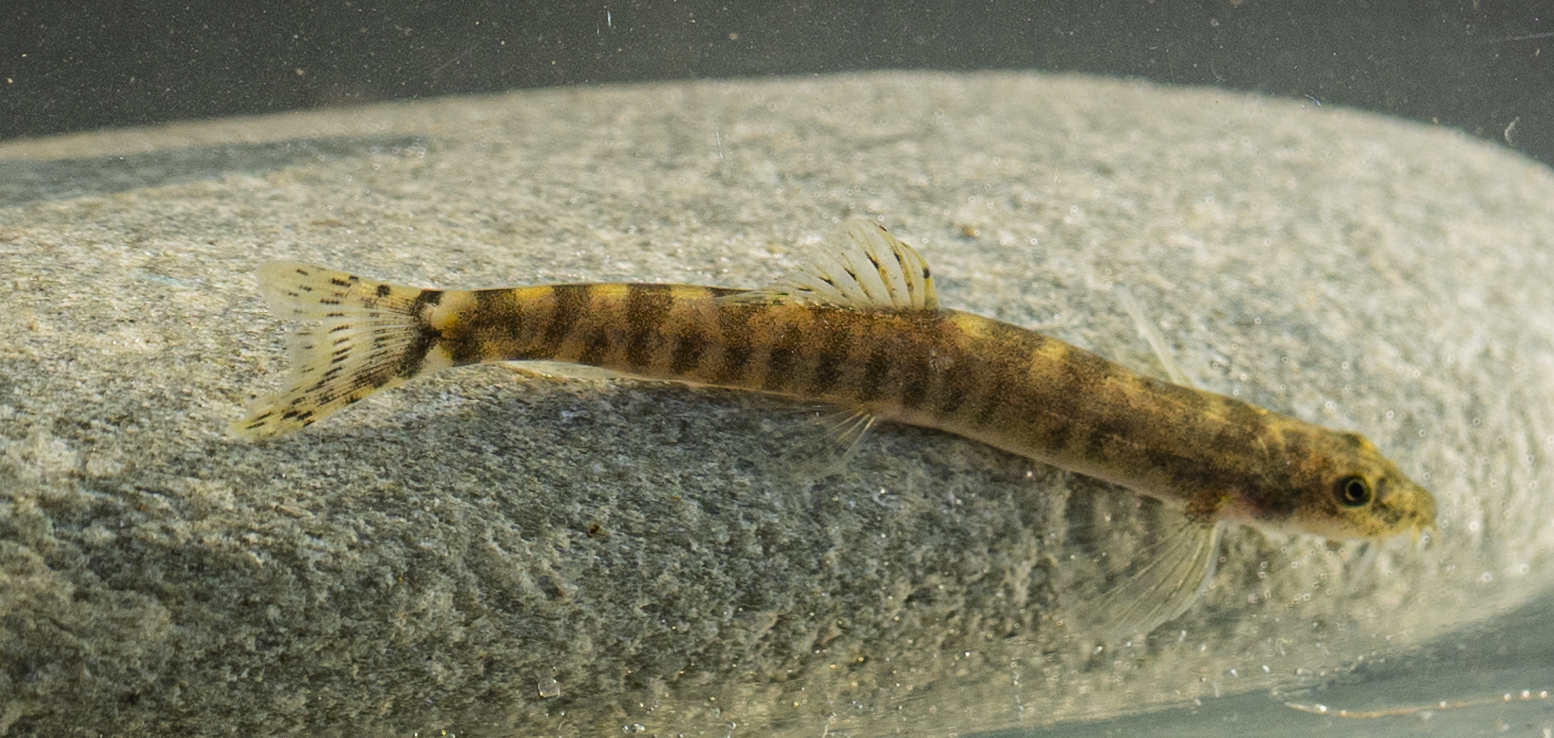Following up on my earlier comment about monkeypox being a DNA virus and different to SARS-Cov-2 (which is an RNA virus), I figured a bit more (very low tech) explanation may help. First off some very simple explanations. (Don’t worry if you don’t know what any of these things are; just think of them as “stuff” or “method”.)
Virus. A pseudo-cell basically composed of some minimal amount of genetic code (DNA or RNA) encapsulated in a lipid (ie. fatty) membrane. It is unable to reproduce on it’s own and has to hijack the machinery of a host cell to make more copies of itself.
DNA. This is the chemical code which holds all our genes. It is composed of the “double helix” of two strands of DNA twined round each other – think of two intertwined springs. In order for the cell machinery to read the text of the DNA the two strands have to be zipped apart and then afterwards zipped back together. Think of this as a whole jumbled box of knitting patterns
RNA. This is essentially a short piece of code created from a piece of a single strand of DNA; it typically provides the instructions for making a single protein. Think of it as a single knitting pattern, extracted from that box of patterns.
Transcription is the process of unzipping the DNA and copying it to make the RNA; this happens only in the cell nucleus (the strong box which holds the DNA). As in all copying, errors can creep in. So the machinery in the cell nucleus contains a proofreading function which finds the errors and discards the overwhelming majority of them.
There are essentially two types of virus, characterised by how they store their genetic information: DNA viruses and RNA viruses.
DNA viruses (for example, monkeypox) have to insert their genetic code, held as DNA, into the cell nucleus, as that’s the only place where it can be transcribed into RNA. So transcription errors are booted out by the proofreading function and mutation happens very rarely.
RNA viruses (for example, SARS-Cov-2 and flu) don’t have DNA; their genetic code is held as RNA. RNA doesn’t use the cell nucleus for transcription and hence can’t take advantage of the proofreading function. So transcription errors don’t get weeded out and mutations happen very frequently.
The process of using RNA as a blueprint to make proteins etc. is called translation.
And that is an incredibly simplified description of the processes. The details are hideously complex, so hideously complex one can quite see why some people find it hard to believe this has arisen through evolution.
Here’s an equally very simplified diagram (what I drew) of the processes.

Click the image for a larger view
So that hopefully shows why Covid-19 is dangerous, why we need a new flu vaccine every year, and why we hopefully don’t need to be too worried about monkeypox.

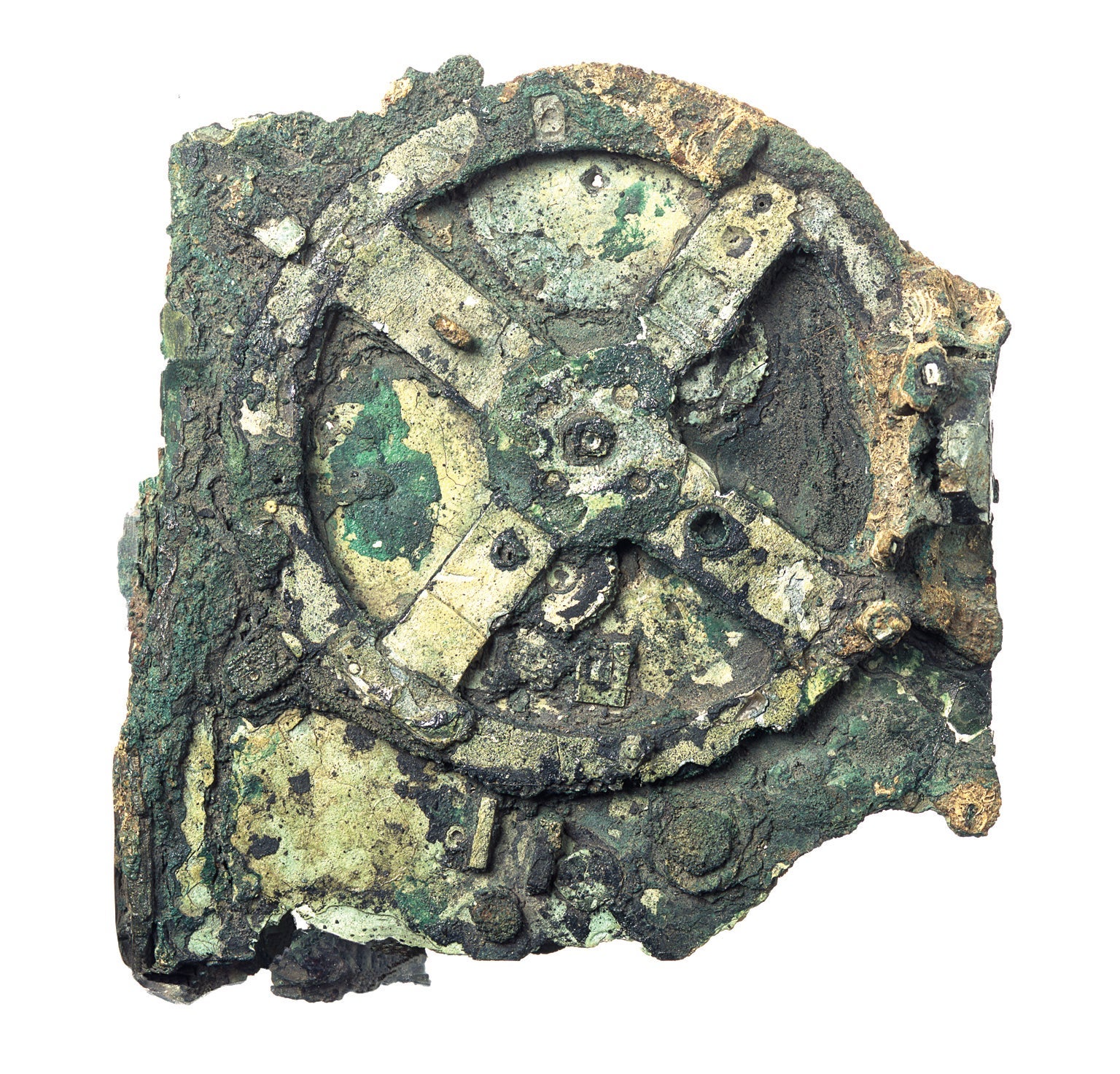







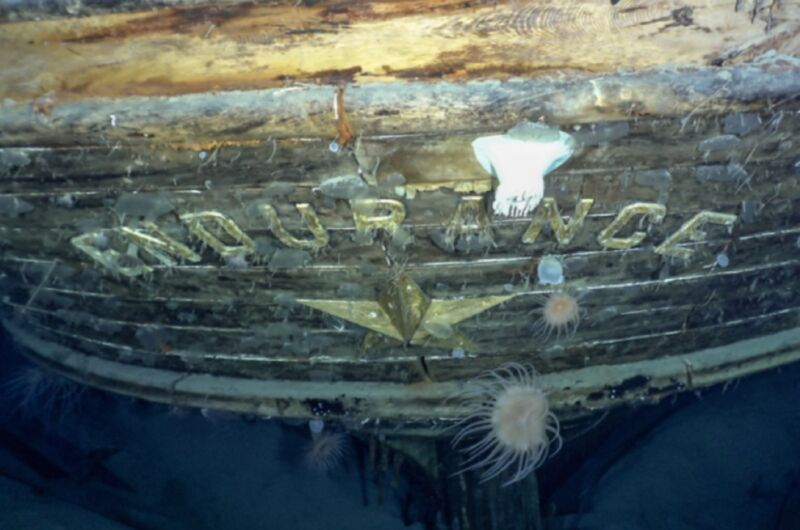

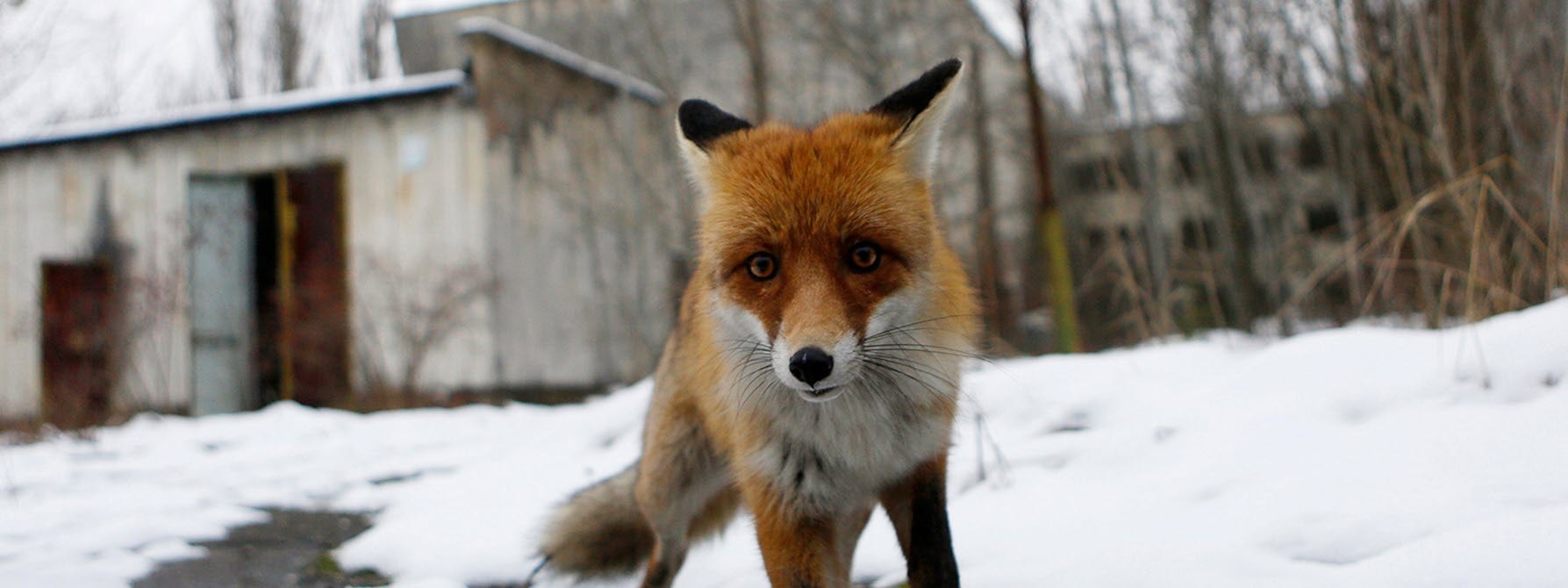

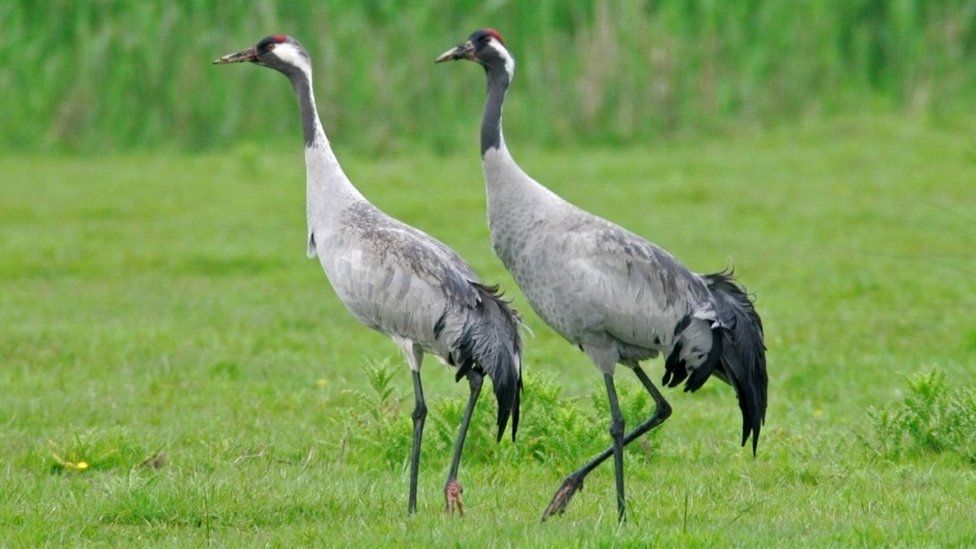
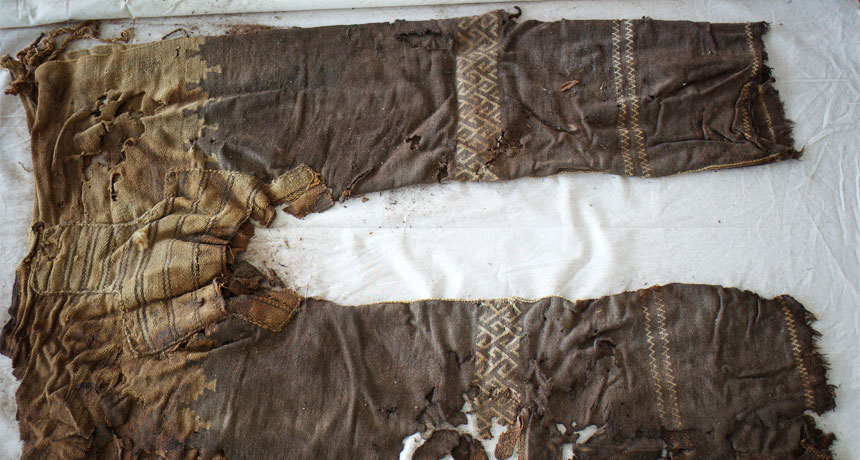

 Earlier this week there was a long read article in the Guardian by Dr Clare Gerada, a senior GP and former chair of the Royal College of General Practitioners. In the article Dr Gerada draws on her own experience to show how the GP’s role has changed in the last 30 years. No wonder the NHS is haemorrhaging GPs because it is not a pretty tale.
Earlier this week there was a long read article in the Guardian by Dr Clare Gerada, a senior GP and former chair of the Royal College of General Practitioners. In the article Dr Gerada draws on her own experience to show how the GP’s role has changed in the last 30 years. No wonder the NHS is haemorrhaging GPs because it is not a pretty tale.

